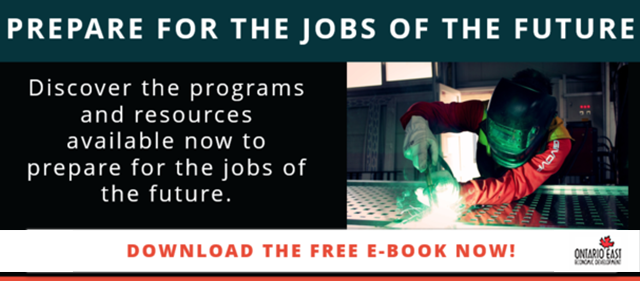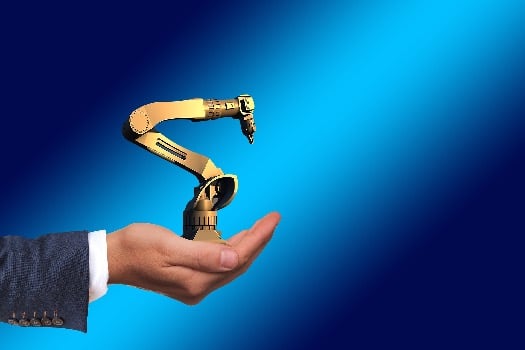When people think of robotics, they tend to think of pop culture (think C-3PO or the Terminator), probably because many people have never encountered a robot in real life. Or at least not something they consider a robot.
Robotics have existed in the manufacturing industry for a while. But the robots working in factories today might not be robots as we generally think of them. Many robots in manufacturing are not much more than mechanized arms that perform menial, repetitive tasks that also require a high degree of accuracy. When robots perform these tasks they free up human employees to perform more productive, often more meaningful work.
People often mix together the concepts of robotics and AI; though the two trends are likely to become ever more entwined as time goes on, in their current state the two often exist separately. For example, robots have technically been in use in manufacturing as far back as 1954, whereas AI is a much more recent addition to the manufacturing world.
Why Robotics and Automation Are Good for the Manufacturing Industry
As mentioned, the robot is actually nothing new to manufacturing. What is new is the range of tasks a robot is able to perform. That range is growing and - especially since AI is also growing - many people have begun to fear a robot takeover of the manufacturing sector and others. Robots can work for longer than people, make fewer mistakes, and don’t need to be paid.
But there are many other benefits to robots in manufacturing, besides their profitability. Robots can perform work that is dangerous to humans. Robots can also do jobs that humans find tedious and boring. Think of robot vacuums, floor cleaners, shelf stockers, and arms on assembly lines. When robots do these jobs they free up human employees to do more important, complicated work.
New Machines Means New Jobs
 Robots also create jobs because, like any machine, they will break down or fall into disrepair. They need to be built, tested, checked, and programmed. Human employees are needed to do all those things.
Robots also create jobs because, like any machine, they will break down or fall into disrepair. They need to be built, tested, checked, and programmed. Human employees are needed to do all those things.
Though it is true that more robots and greater automation in manufacturing will result in certain human jobs becoming obsolete, it also means that jobs we can’t even imagine will soon come into being. It’s an exciting time to be part of manufacturing, when so much innovation is possible. An employee who enters the industry today could find themselves creating whole new careers in the workforce of tomorrow.
Want to Know How Other Future Trends Will Affect Manufacturing?
External links are provided as informational resources only and are not necessarily endorsed by Ontario East.
https://www.acieta.com/why-robotic-automation/robotics-manufacturing/
.png)




